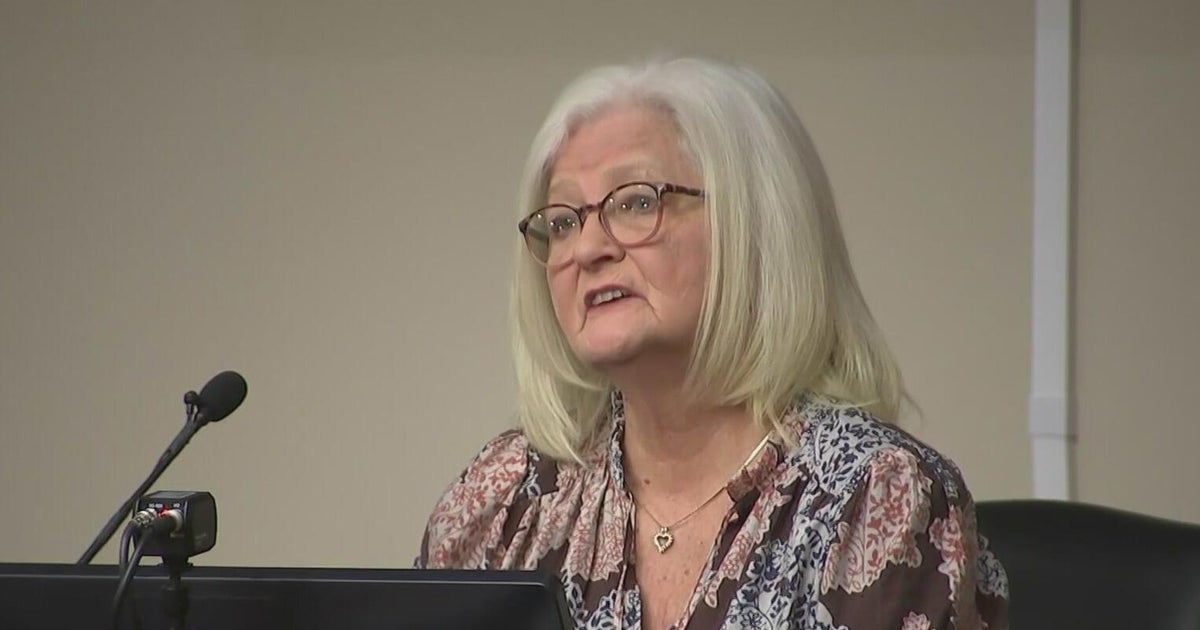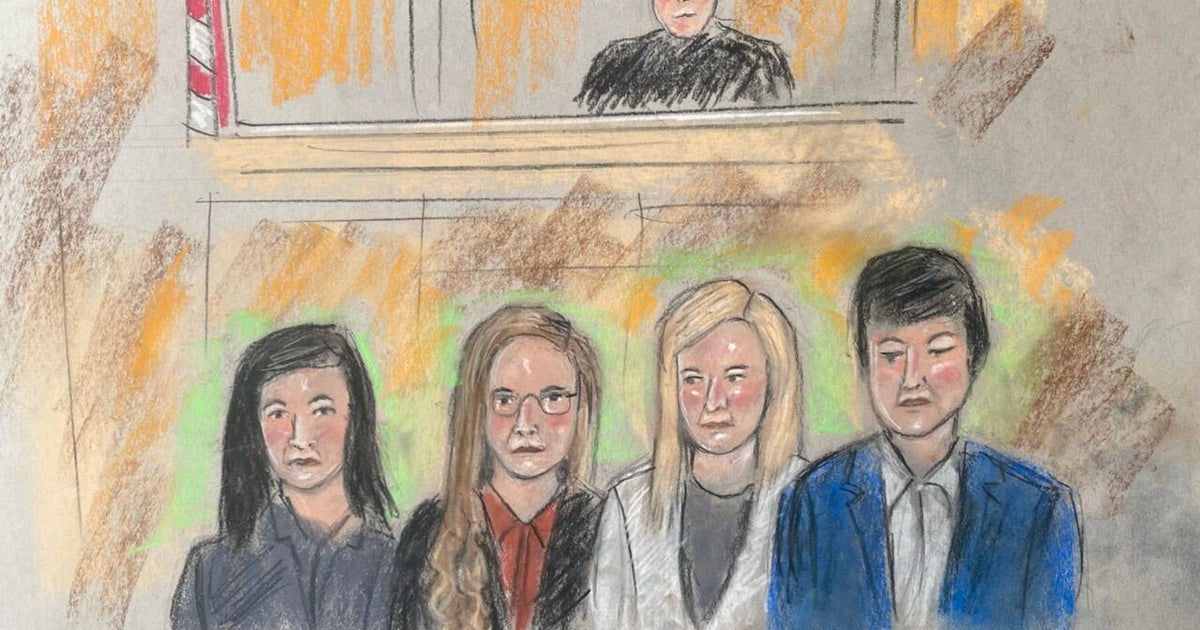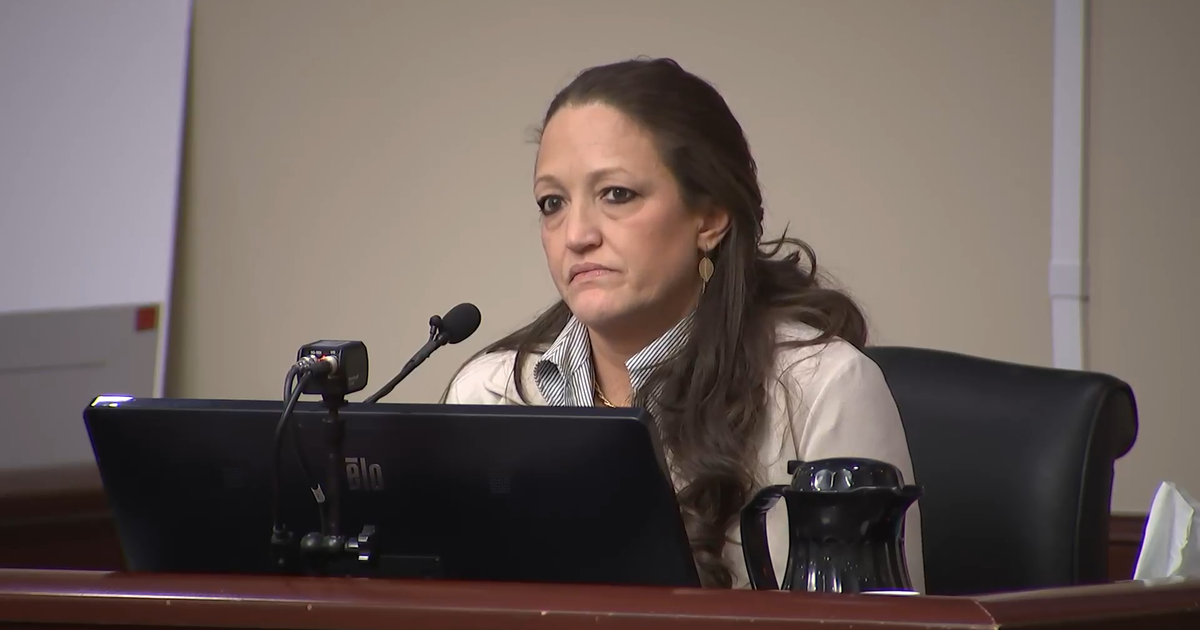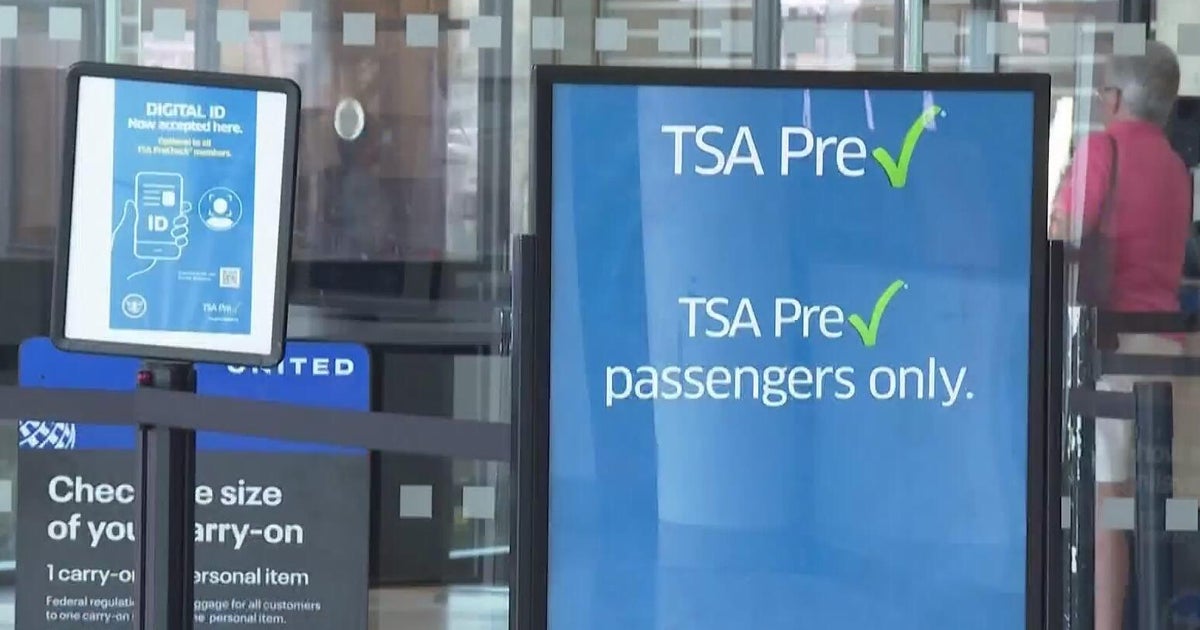Bribery Trial Of State Senator Enters Sixth Week
BALTIMORE (AP) -- The jury in the bribery trial of a senator accused of selling his influence to help a grocery store chain
heard testimony Monday from two employees of another company that paid the senator while the General Assembly considered legislation significant to the business.
The testimony came in the sixth week of Sen. Ulysses Currie's trial on federal bribery and extortion charges in U.S. District Court in Baltimore. The defense rested its case and closing statements are scheduled for Wednesday morning.
Prosecutors called two former employees of Columbia-based APG, a company that helped other companies get tax credits for hiring residents on welfare, during rebuttal on Monday. The company was sold in 2002.
Nancy Kim, whose father Milton Gordon owned the small business, testified that she had not known Currie, a Prince George's Democrat, was being paid until she reviewed company financial records in 2001, when the struggling company was having financial problems. She said she noticed checks that had been sent to the senator. Currie was paid about $11,750 in 2001 and 2002.
Katheryn Leggieri, who worked in business development and sales for APG at the time, testified about the company's work in extending the state's "Work Not Welfare" law in 2003. The law provided tax credits to companies that hired people who were either on welfare or disabled.
Leggieri said she testified at a legislative hearing, where Currie acted like he didn't know her, even though they had met
before to talk about the extension. Leggieri also testified that while she had seen a check from the company to Currie, she did not know why he was being paid. When she asked Gordon about it, she said he "blew me off."
"I don't know what Currie was being paid for," Leggieri said.
Joseph Evans, Currie's lawyer, noted the legislation had wide support in the General Assembly. He also asked Leggieri if she believed extending the law was helpful legislation, because it helped the disabled and people on welfare.
"I believe it was," she responded.
Evans tried to stop the two witnesses from testifying before the jury entered the courtroom. Evans argued to U.S. District Judge Richard Bennett that the legislation to extend the law was "generic" and affected many other companies and people unrelated to APG. He said the testimony could create a false impression.
"There is no link to show an impropriety," Evans said.
Prosecutors also called Special Agent Steven Quisenberry, the lead agent in the investigation, back to the stand for its
rebuttal. Prosecutors allege that Currie purposefully hid his employment with Shoppers Food Warehouse, which paid him more than $245,000 between 2003 and 2007. While Currie reported the income on his income taxes, he never reported his working relationship with the grocery store chain on state financial disclosure forms as required.
Quisenberry testified Monday that while Currie initially said his wife was the one who handled his financial disclosure forms, he went on to add that he reviewed them and took responsibility for them.
"Initially, he blamed his wife," Quisenberry said.
Last week, the defense called Currie's wife, Shirley to the stand, where she testified that the omissions were her mistakes.
Currie, a former chairman of the Senate Budget and Taxation Committee that steers billions in state spending, is on trial for conspiracy, bribery, extortion and false statement charges. Former Shoppers executives, including former president William J. White and former vice president for real estate development R. Kevin Small, also are on trial in the alleged scheme.
Prosecutors say Currie was paid to help the company with a variety of issues ranging from placement of traffic lights at stores to seeking state money to help with road improvements. Currie's lawyers say he only worked as a consultant and did nothing illegal.
(Copyright 2011 by The Associated Press. All Rights Reserved.)







